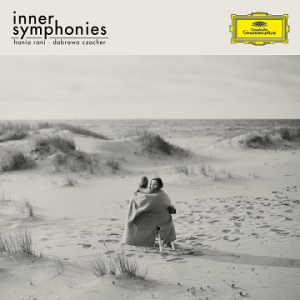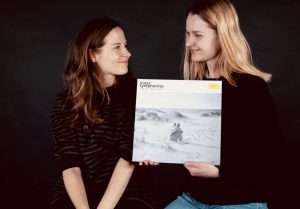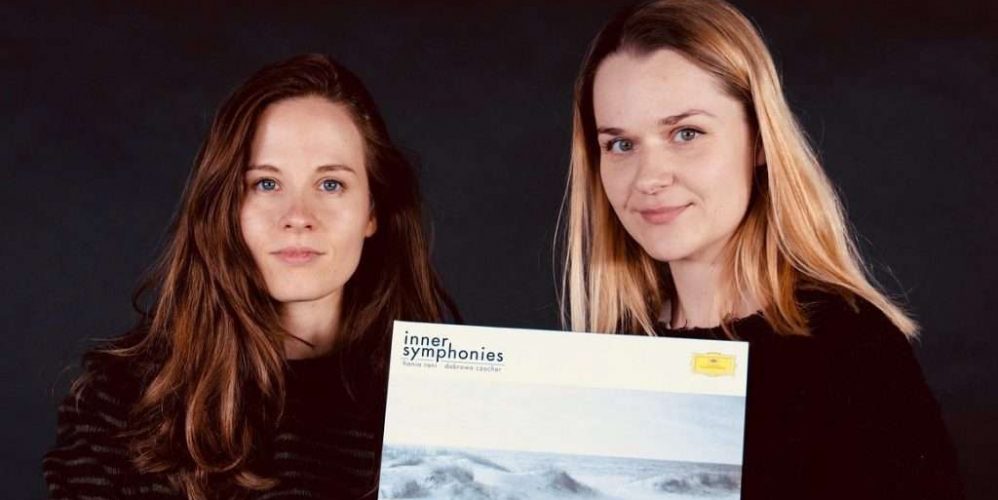With their debut album as a composer duo, Hania Rani (1990) and Dobrawa Czocher (1991) try to offer some hope and comfort in these dark days. The fact that they were contracted by Deutsche Grammophon must have been a giant boost for these two Polish musicians.
Pianist Hania Rani and cellist Dobrowa Czocher started this project through online sessions. Once they realised they were on the right track, they actually visited each other. They created their compositions layer by layer in the studio and when Rani and Czocher were happy with their achievements, they asked musician friends to join them in recording these new works.

The result is an intriguing collection of ten new pieces that blend musical extremes harmoniously. The album title Inner Symphonies refers to the power of music to explore deep feelings and present them to the outside world. A beautiful example is ‘Whale’s Song’. Through her cello, Czocher brings out whale-like sounds from the deep sea, while Rani’s splashing piano sounds suggest ocean waves.
Many compositions refer to our relationship with nature. Although most of the instruments on this album are acoustic, Rani and Czocher also use electronic soundscapes. Their pieces combine repetitive elements with composed melody lines and improvised parts. The music has a certain dose of melancholy, but surprises enough to refuse to stand still and look back. The album ends optimistically with ‘Spring’. This is not really a song of jubilation, but a cautious encouragement to raise our eyes to the light and look forward to the days beginning to grow brighter.

Inner Symphonies has become a successful debut by the youngest composer duo ever contracted by Deutsche Grammophon. Hania Rani and Dobrawa Czocher, who have been making music together since their student days, certainly deserve a place among contemporary composers like Max Richter, Nils Frahm, Ólafur Arnalds and Jóhann Jóhannsson.
‘There Will Be Hope’:





